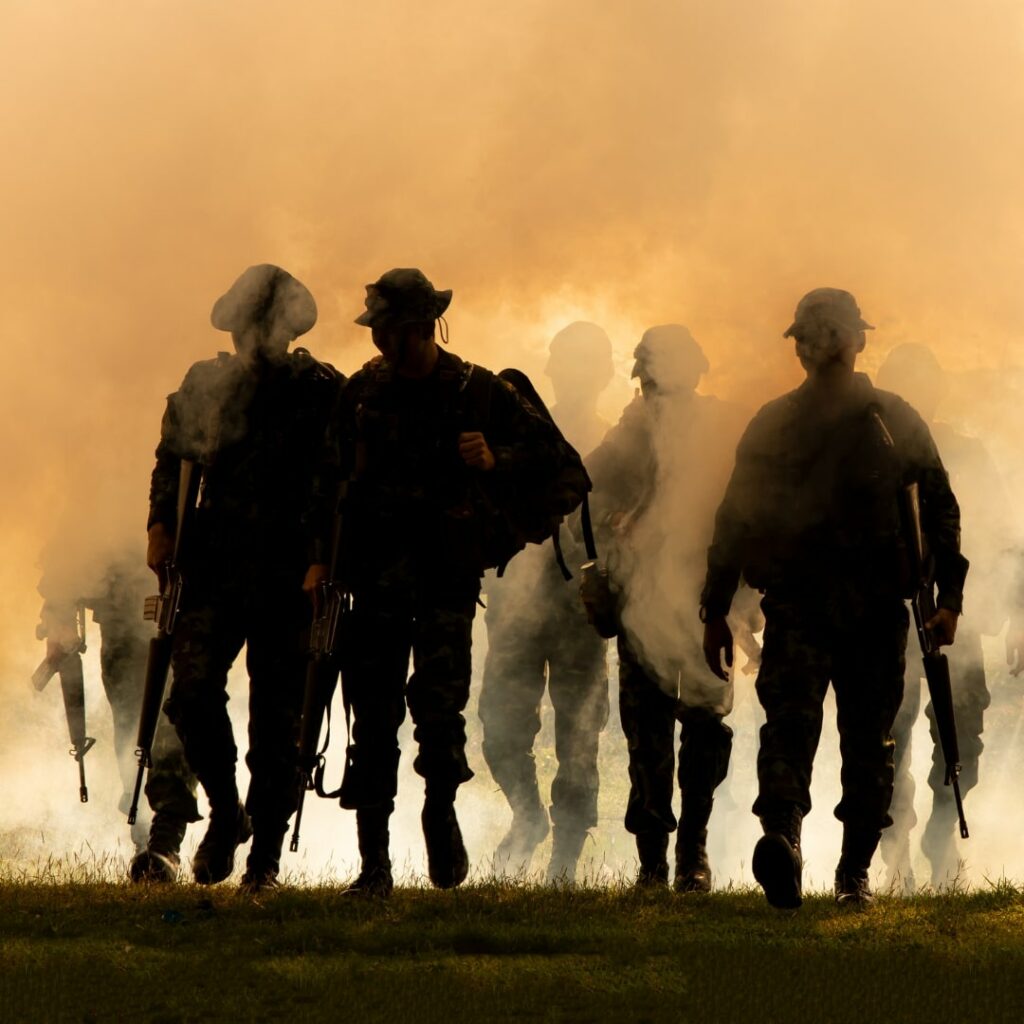Humanitarian law, also known as International Humanitarian Law (IHL) or the Law of Armed Conflict, is a body of laws and principles that aims to regulate the conduct of hostilities and protect the rights of both civilians and combatants during armed conflicts. The law is designed to limit the effects of armed conflict and ensure that the principles of humanity and dignity are maintained even in times of war. In this blog post, we will explore the importance of humanitarian law and its role in protecting human rights, as well as highlight some of the key areas of focus for scholars and practitioners in this field.

At the Swiss School of Business and Management Geneva (SSBM Geneva), we offer a Master’s degree in Law that includes a focus on humanitarian law. This program is designed to provide students with a comprehensive understanding of the principles and practices of IHL, as well as the legal frameworks that govern armed conflict at both the national and international levels.
One of the key components of humanitarian law is the International Law of Armed Conflict, which sets out the rules and principles that apply to armed conflicts between states. This body of law includes the four Geneva Conventions of 1949 and their Additional Protocols of 1977, which provide protections for wounded and sick soldiers, prisoners of war, and civilians in the context of armed conflict. Additionally, there are a number of other international and regional instruments that regulate the conduct of hostilities, including the Hague Conventions, the Rome Statute of the International Criminal Court, and the African Charter on Human and Peoples’ Rights.
In recent years, there has been growing concern about the impact of armed conflict on civilians. According to the United Nations, there were over 22,000 civilian casualties in 2020 alone, with the majority of these occurring in Afghanistan, Yemen, Syria, and Somalia.
This highlights the urgent need for greater attention to be paid to the protection of civilians during armed conflict, as well as the importance of upholding the principles of humanitarian law in order to minimize harm and suffering.

Regional protection of human rights is another important aspect of humanitarian law. Regional human rights systems, such as the European Convention on Human Rights and the American Convention on Human Rights, provide additional protections for human rights in specific regions. These systems offer mechanisms for monitoring compliance with human rights standards, adjudicating individual complaints, and conducting investigations into human rights abuses. At the same time, these regional systems must work in harmony with international human rights law and humanitarian law to ensure consistency and coherence in the protection of human rights.
Global protection of human rights is yet another important element of humanitarian law. The United Nations Universal Declaration of Human Rights is the foundational document of the international human rights regime, setting out the basic rights and freedoms that all individuals are entitled to, regardless of their nationality, ethnicity, or other characteristics. The UN has also developed a number of treaty-based human rights instruments, such as the International Covenant on Civil and Political Rights and the International Covenant on Economic, Social and Cultural Rights, which provide additional protections for specific categories of rights.
Finally, war, law, and the environment is a topic that is increasingly relevant in the context of armed conflict. Environmental damage caused by armed conflict can have long-lasting and far-reaching consequences for human health, ecosystems, and economic development. International humanitarian law includes provisions that seek to limit the environmental impact of armed conflict, such as the prohibition on the use of certain types of weapons and the obligation to take measures to protect the natural environment. Ensuring that these provisions are enforced and strengthened will be crucial for protecting the planet and the people who depend on it.
Don’t miss the opportunity to make a real difference in the world by applying to the Master in International Humanitarian Law and Human Rights program today. Join us in advancing the cause of protecting human rights in times of conflict and promoting peace and justice around the globe.












